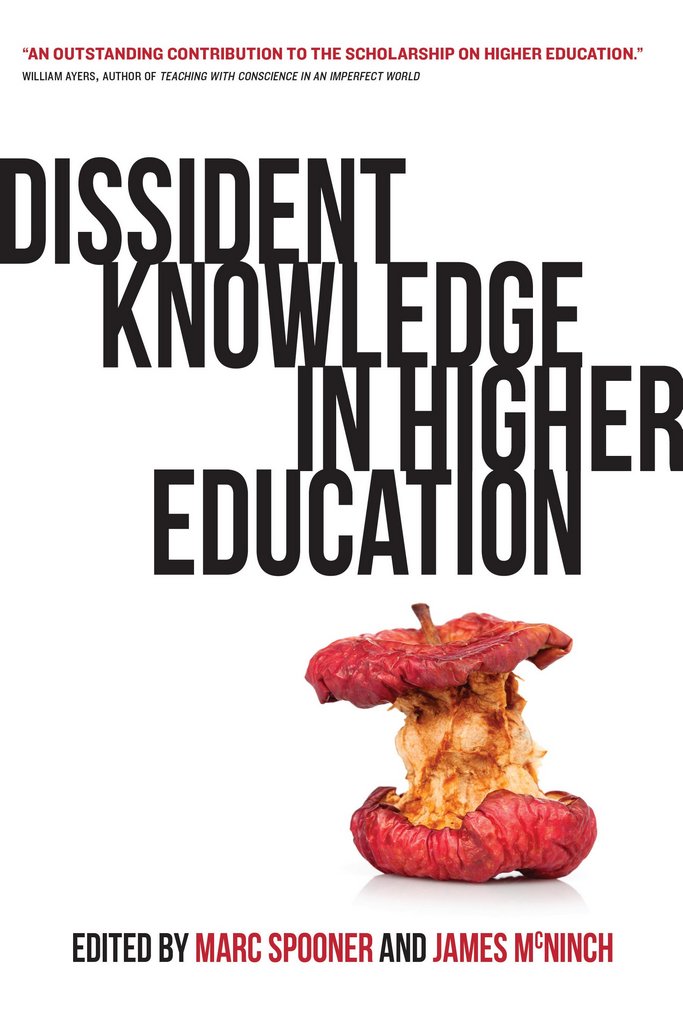How do people – research students in particular – arrive at the theory that’s right for their project or for them? In my experience of supervising, this is a real issue for some students. And that’s not surprising. One of the expectations of post-graduate work is that your research will have an appropriate theoretical framework which helps you to think more deeply about your research questions, explain your research findings, and situate your work in a broader intellectual context. But in a world of theoretical possibilities, how do you find that framework, and how do you know it’s the right one?
Some students arrive with a fully-formed theoretical position. While this makes life simple, it tends to make me a bit suspicious, but I suspect that says more about me than about them. Ideally, everyone would read every theory ever proposed, try them all on for size, and by process of elimination, find the one or ones that best suit their needs and beliefs (although a good theory should make you question those as well). Meanwhile, back in the real world, most people stumble across texts that impassion and enlighten them, or meet someone whose perspective on the social world (sometimes in conjunction with charisma) impassions and enlightens them. If a student is lucky, that person is their supervisor or their supervisor can point them to the right texts. But just to be sure, it’s a good idea to get out there physically (for example, by talking to a range of people, attending seminars and presenting your work to critically friendly audiences) and figuratively (by reading and reflecting) and thereby expose yourself to as many possibilities as possible. From there, it’s a dialogic process of probing, testing, and bouncing ideas.
Personally, I’m unapologetically eclectic in my use of theory. The foundation is broadly in interactionism with a sprinkling of Giddens, but my interest in the relationships between culture, pedagogy and development have piled on layers of capability theory, post-colonialism, liberation theory, intercultural theory, transnationalism, and cosmopolitanism. This isn’t the complete list and I fully expect to engage with a range of others over time. While I have yet to construct a meta-theory that embraces all of these, I see them as complementary rather than contradictory. How did I get here? It’s no doubt partly a reflection of my personal history of international work and general restlessness, my own mixed heritage, and a concern for social justice. But it’s also been the influence of people I’ve respected and books that convinced me that the world can be better and the right kind of education can help.
My apologies if this all sounds very prescriptive: I’m still finding my blog voice, currently set to ‘nag’. And I’m certainly not suggesting that everyone should be so eclectic. It’s probably not a great career move for a start, and I admire people who engage deeply and in a sustained way with one writer or theory. Of course, you could always try being cynical about theory, like a former colleague. His argument was that research shouldn’t be about ‘isms’ or ‘ologies’ but about establishing a rigorous evidence base (there are of course plenty of theories that explain that attitude). But he’s a well-known empirical researcher and writer on methodology and so gets away with it (usually) – a gamble not generally advisable for novices. And imagine all the intellectual stimulation you’d be missing. Think of it as retail therapy.












“a gamble not generally advisable for novices”
I want to confirm that this is completely true!…as novice wrestling with being of a mix of your former colleague’s mindset and your own it seems. The wealth of theories is staggering, and so very exciting to pick through, though I approach each with the assumption that it is probably self-aggrandizing rubbish, either re-casting an earlier idea or saying nothing at all in a lot of words, until it can prove to me otherwise. As you can imagine, this can quickly overtake the work of the thesis itself.
My advise to fellow novices: if you enjoy the genuinely fascinating mental gymnastics that is modern social and epistemological theory, do a thesis that is about analysing these from the start. If your thesis is supposed to be about something pragmatic, with all the data collection and analysis this involves – do not ask too many questions about your favorite theory, or where it came from, there isn’t time to do justice to both!
Obviously don’t be completely uncritical either, but your supervisor should sort that out.